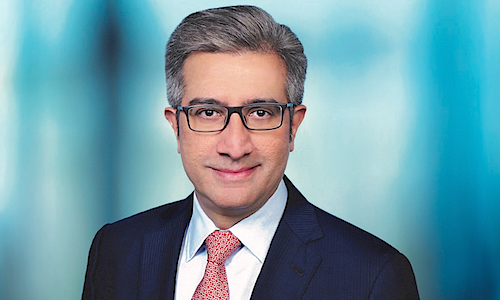More than half of single-family offices in Asia rely on decision-making from selected members, according to a Credit Suisse survey, with limited institutionalization of processes.
In Asia, the ultra-rich continue to take conservative measures when managing their wealth, preferring to keep decision-making among selected family members rather than defer to a process or professionals, according to Credit Suisse’s 2022 SFO (single family office) Report.
Most of them, or 61 percent of the region's respondents, prefer to rely on selected family members as decision-makers, compared to 39 percent in Europe. In Asia, only 17 percent of those who answered have any appetite to make decisions via formal investment committees compared with 50 percent of those who answered in Europe.
Private Market Demand
The report also covers investor demand and characteristics within private markets, a fast-growing asset class driven by growing volatility in public markets.
In this area, Asia stood out for its reliance on private banks to source deals, which was something that 48 percent of respondents agreed with compared to just 25 percent in Europe. Personal connections were also cited as the top source of deals in both Asia (78 percent) and Europe (66 percent).
In terms of deal types, pre-IPOs were the most preferred in Asia (55 percent) while early-stage deals featured prominently in Europe (74 percent). Moreover, APAC family offices displayed a strong preference for investments in the IT sector (41 percent).
SFO Index
The release of Credit Suisse’s survey coincides with the launch of the first-ever index tracking portfolio performance and compositions across single-family offices.
The survey was based on 116 responses from SFOs in 50 countries managing a total of $90-100 billion in assets. Of the respondents, EMEA accounted for 68 percent followed by 28 percent for Asia and 4 percent for the remaining countries. More than half, or 56 percent of respondents, represented family offices with over $500 million in assets under management.


























